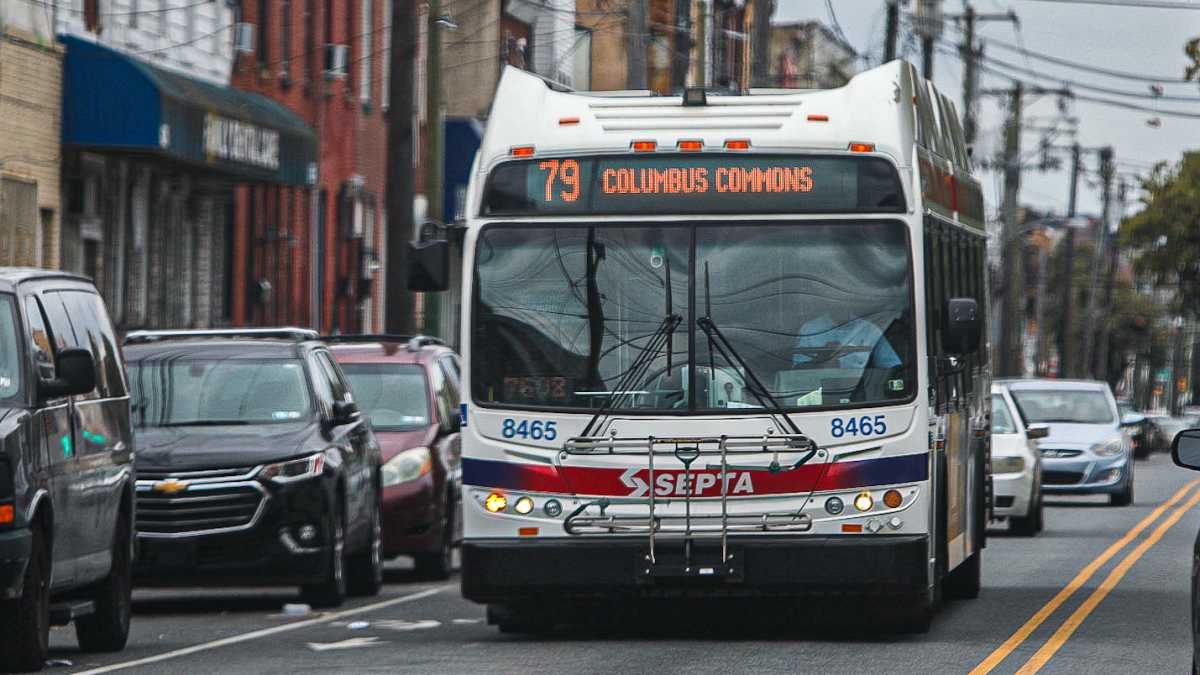In Philadelphia, the heartbeat of our economy is powered by small businesses. From neighborhood bodegas to innovative startups, small businesses are not just economic engines—they are gathering spaces where culture, community, and opportunity intersect.
As the CEO of the Greater Philadelphia Hispanic Chamber of Commerce (GPHCC), I witness firsthand how critical reliable, affordable public transportation is to their success—particularly for Latino entrepreneurs, their employees, and customers.
Recently, the Diverse Chambers Coalition of Philadelphia (DCCPHL) released a report showing just how deeply businesses depend on SEPTA. An astounding 74% of small businesses rely on SEPTA to connect their workforce and customers. For Latino-owned businesses—many of which operate in working-class neighborhoods—SEPTA is not simply a service; it’s a lifeline.
Consider this: An engineering firm in Kensington whose employees commute from across the city. Or a bakery in South Philly bustling with commuters grabbing café con pan dulce on their way to work. Without SEPTA, transportation costs soar, service disruptions compound financial pressures, and businesses feel the strain.
Last month, Gov. Josh Shapiro took an important step to stabilize SEPTA in the short term, helping to avert immediate service cuts and fare increases. But temporary solutions are not enough. We need a long-term funding strategy that will not only stabilize the agency but also provide for service improvements, particularly in underserved areas.
This includes critical investments like those proposed for Roosevelt Boulevard, where expanding transit options would connect residents to job opportunities in the region’s employment centers. It’s no coincidence that this area is experiencing significant Hispanic population growth—underscoring the importance of improving access to transit where it is needed most.
Supporting public transit is about more than avoiding fare hikes. It’s about creating opportunities for small businesses, ensuring that workers can access jobs, and fostering inclusive economic growth across every zip code. SEPTA must remain a viable, reliable, and accessible system—not just today, but for generations to come.
At the GPHCC, we will continue to amplify the voices of small businesses in this conversation. You may access the Diverse Chambers Coalition of Philadelphia report online at philahispanicchamber.org/policy–research.html
Jennifer Rodríguez, MCP, is the President and CEO of the Greater Philadelphia Hispanic Chamber of Commerce.



























